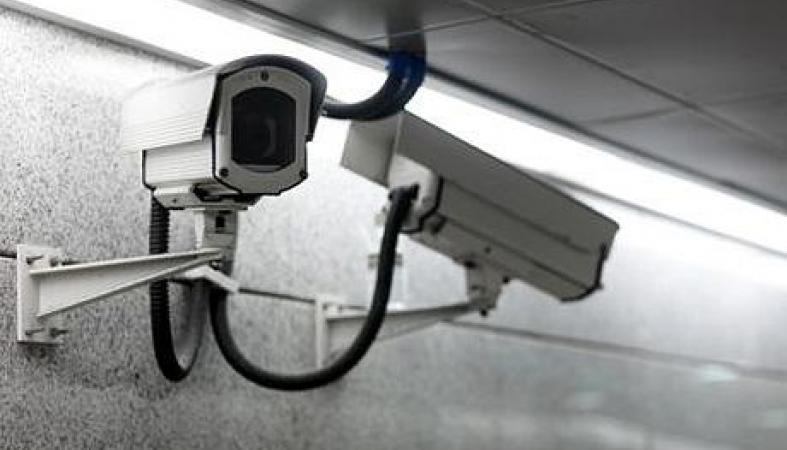Analog vs digital security cameras
Being able to decide on whether to choose purchase a Analog or a Digital Camera is very often the choice buyers have to make. IP’s cameras which are also known as Digital cameras are extremely popular mainly because these devices help in broadcasting captured footage from any location over the internet. Analog devices on the other hand are affordably priced and require a lot less maintenance than Digital cameras.
IP security cameras also provide better wireless capture and are a lot more secure as they have encryption embedded in them. These devices are also easy to install mainly because they are IP based and thus can be installed over an existing network as well. The biggest advantage of these devices are the remote access features that make surveillance a lot easier. Analog devices on the other hand are priced lower than its digital counterpart making it a highly- affordable solution. Although they lack features such as digital zoom, compression capture etc these devices offer superior flexibility of design and superior compatibility with multiple brands of Analog devices.
Analog cameras
Although technically it isn’t, over the years, analog has come to mean anything that is not digital. These close circuit television cameras are connected to their storage devices using either plug and Play cables (PnP) or RG59 coax siamese cables. These wires will have to run the length of wall from the camera to the main area where the data is visible, which is usually the monitor.
If users are looking to save this information, they would have to use either HDD’s (hard disk drives) or VCR cassettes. Nowadays, most companies prefer using hard disks since they can delete content after a while and reuse the same drive later. Further, replaying and finding the recorded content is a lot easier. The downside though is that HDDs would need a lot of storage space and this doesn’t come cheap. Reusing the same HDDs will need the information to be erased and depending on the size of the HDD, the content would have to be lost, or an additional investment in more hard disks.
Digital or IP cameras
Digital cameras are a different ball game altogether (not in context), although they are a more recent technological advancement, they too have their shortcomings. IP cameras have to be connected to the internet for their smooth and efficient functioning. Since they come in wireless alternatives, they are easier to place around, and don’t always require a wire to follow. However, this needs the entire store or area to have a proper WIFI or internet connection.
They usually broadcast their content through WIFI, and they can store footage in the cloud (the internet). This is helpful since it doesn’t require the additional investment of HDD’s (like their counterpart) and can be scaled up at a much cheaper price. If customers are thinking of reducing costs further, they can get the wired option, that would have to be connected to power source but still send content wirelessly.
These cameras are not ideal in locations where the connection to the internet is weak as bad connectivity can lead to data not being properly transmitted or even the occasional failed back-ups which often leads to corrupted data. Having a DVR with at 2-3 TB of storage capacity installed on site is a viable solution as the primary medium of storage and back-up.
In order to assess your home security needs it is essential to first understand the type of security goals that to be achieved, a qualified technician from our team will visit your home and provide you with an free on site assessment. After which, a budget needs to be decided for the type of hardware that needs to be installed as these devices are available in wide variety of specifications. Being suppliers & distributors for a variety of brands from India and abroad we are able to provide for every price range and budget

